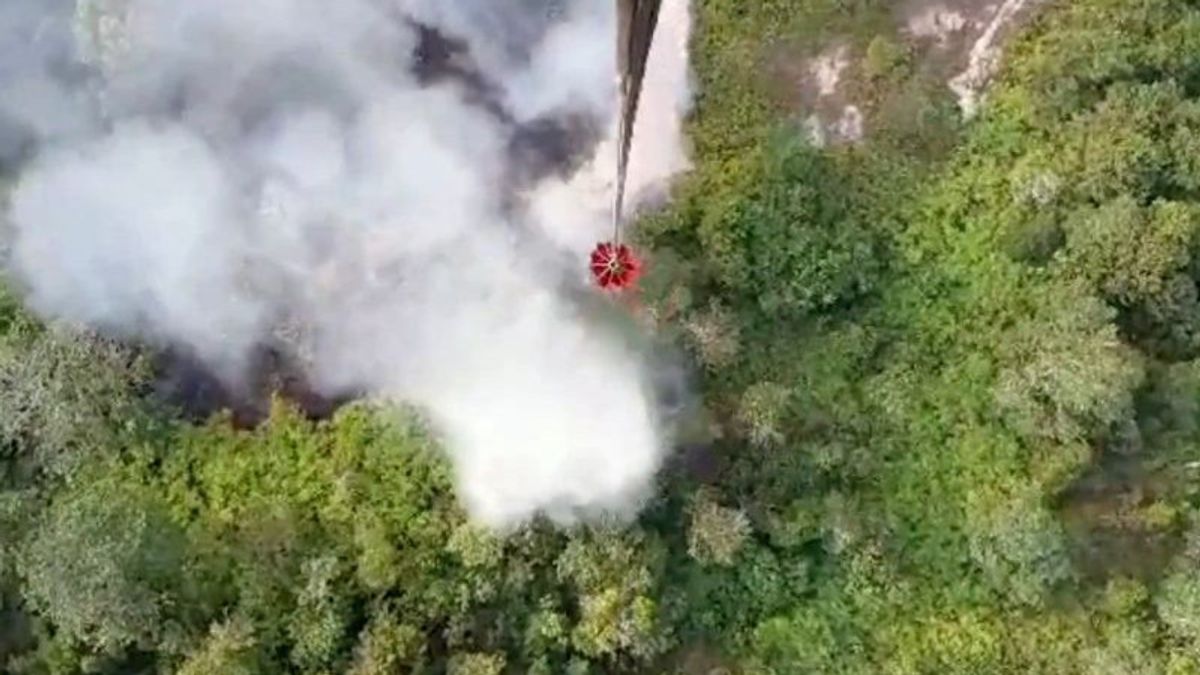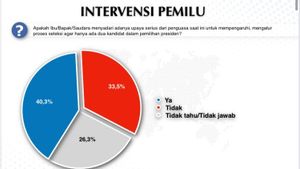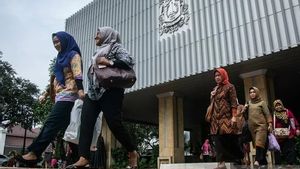The Kalimantan region's Center for Climate Change Control (BPPI) said that during 2023 there was an increase in the number of 'hotspots' in West Kalimantan (West Kalimantan) to 300-400 percent compared to 2022.
"The ecosystem has reached 50 thousand 'hotspots' in West Kalimantan with a record last year of only tens of thousands of 'hotspots'. So for this year, the 'hotspots' in West Kalimantan have increased by around 300-400 percent because this year there are quite a lot of forest and land fires, starting from Sambas, Singkawang, Kubu Raya, and Ketapang," said Head of Section II Pontianak BBPPI for the Kalimantan region. Sahat Irawan Manik in Singkawang, Friday 15 September, confiscated by Antara.
He said, based on the evaluation carried out by his party in several forest and land fires locations, it still left fire coal. Even though there was a little rain, he reminded officers not to be complacent.
"While it's raining again, let's keep it up so it doesn't happen again. Because we are still monitoring the wet dry season until October 2023, maybe even more," he said.
اقرأ أيضا:
According to him, if the fire continues to emerge, it will be another challenge in the future, both regarding how many personnel and so on.
"Because if you extinguish the fire for days, it will certainly be very disturbing for the physical and health of the personnel," he said.
He came to Sambas Regency and Singkawang City, he said, to maintain the potential for cross-border smoke.
"We avoid the accumulation of smoke that can cross borders because of course it will become an international issue. This should not happen because the good name of our country will be at stake," he concluded.
The English, Chinese, Japanese, Arabic, and French versions are automatically generated by the AI. So there may still be inaccuracies in translating, please always see Indonesian as our main language. (system supported by DigitalSiber.id)


















